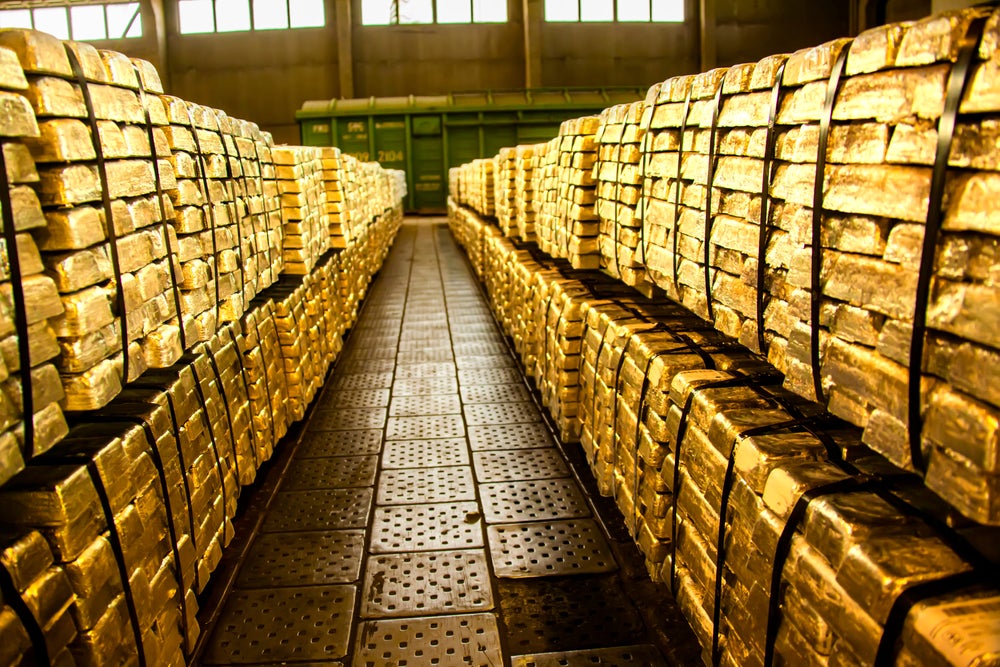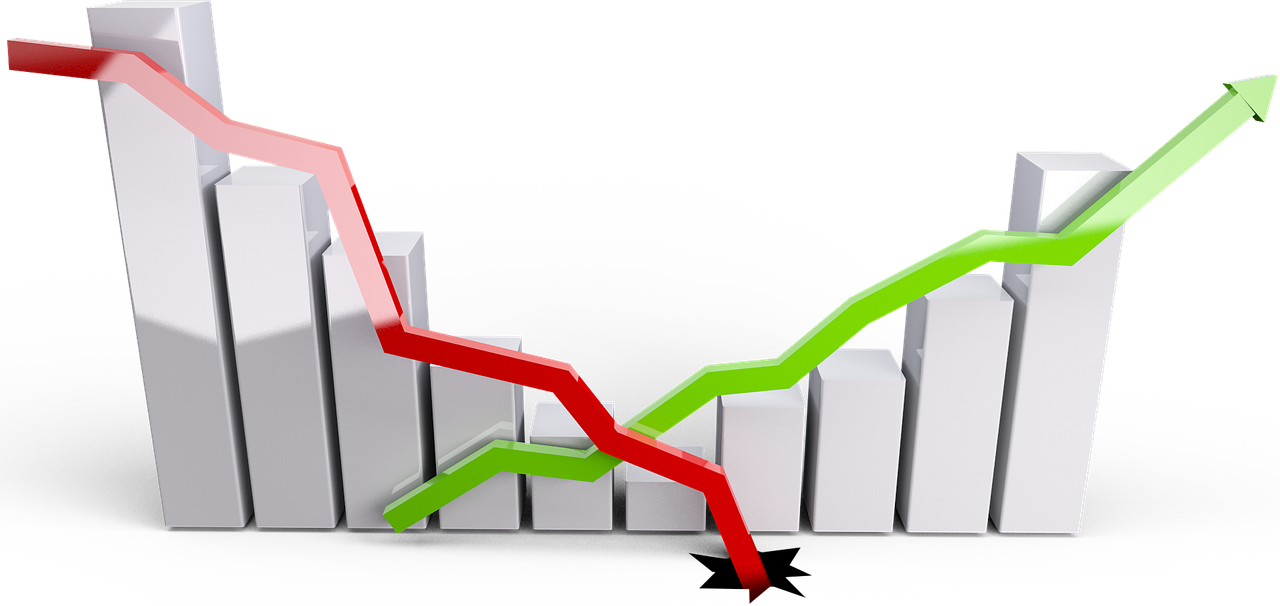If you’ve been keeping an eye on the global economic landscape, you know that it’s never a smooth ride. Economic turmoil seems to be an ever-present cloud looming over markets, leaving investors searching for safe havens to protect their assets. One such safe haven that has stood the test of time is gold. As an experienced investor in gold myself, I understand the allure of this precious metal during times of uncertainty. In this article, we’ll dive into how geopolitical events can directly impact the gold markets, causing fluctuations in its value and attracting investors looking for stability in a volatile world. So buckle up and get ready to explore the fascinating relationship between economic turmoil and safe havens in the gold market.
The Relationship Between Economic Turmoil and Safe Havens
Understanding the Role of Safe Havens in Times of Economic Turmoil
When economic turmoil strikes, investors often seek out safe haven assets as a means to protect their wealth. Safe havens are assets that tend to hold their value or even increase in value during times of economic uncertainty. These assets provide a sense of stability and security, serving as a refuge from the volatility and potential losses that can occur in traditional financial markets.
Safe haven assets are typically characterized by their ability to retain their value when other assets, such as stocks or bonds, experience significant price declines. This makes them attractive to investors looking to safeguard their funds during periods of economic turmoil. Some of the most commonly sought after safe haven assets include precious metals like gold, silver, and platinum, as well as government bonds and currencies perceived to be stable, such as the U.S. dollar, Swiss franc, and Japanese yen.
Factors That Contribute to Economic Turmoil
To understand the relationship between economic turmoil and safe havens, it is important to recognize the factors that can contribute to economic instability. These can include geopolitical events, financial crises, trade wars, recessions, or changes in government policies and regulations. Any of these factors, and sometimes a combination of them, can trigger significant volatility and uncertainty in global financial markets.
For example, political conflicts between nations can create tensions that impact global trade and business operations, leading to market uncertainty and the potential for economic downturns. Similarly, financial crises can arise from excessive speculation, overleveraging, or systemic weaknesses within financial institutions, causing instability in the broader economy.
Economic instability often leads investors to seek out safe haven assets as a means of protecting their wealth and preserving its value. By understanding the factors that contribute to economic turmoil, investors can better evaluate the role of safe havens in their investment strategies.
Why Investors Seek Safe Havens
Investors turn to safe haven assets during times of economic turmoil for several key reasons. Firstly, safe havens are perceived as a reliable store of value, meaning that their prices are less likely to fluctuate dramatically in response to market volatility. This stability provides investors with a sense of security and helps to mitigate potential losses.
Secondly, safe haven assets have a historical track record of performing well during times of crisis. For example, gold has been used as a store of value for centuries and has consistently demonstrated its ability to retain its worth, if not increase, even in the face of economic turmoil. This makes gold a particularly attractive investment during periods of economic uncertainty.
Lastly, safe haven assets are often seen as a hedge against inflation or currency devaluation. During times of economic turmoil, central banks may engage in monetary policies that increase the money supply, leading to a potential rise in inflation. By investing in safe havens, investors can protect their purchasing power and maintain the value of their wealth.
The Appeal of Gold as a Safe Haven Asset
Among the various safe haven assets available to investors, gold has long been regarded as one of the most appealing options. Gold possesses unique characteristics that make it an attractive store of value during economic turmoil.
Firstly, gold is a physical asset that has intrinsic value. Unlike stocks or bonds, which derive their value from the performance of underlying companies or debt instruments, gold has value in and of itself. This makes it less reliant on the performance of external factors and less susceptible to market volatility.
Secondly, gold has a limited supply. Unlike fiat currencies, which can be printed at will by central banks, the amount of gold available in the world is finite. This scarcity gives gold its intrinsic value and provides a hedge against inflation and currency depreciation.
Thirdly, gold has a long history as a medium of exchange and a store of value. It has been used as a form of currency since ancient times and is trusted by individuals and institutions alike. This historical reputation contributes to its appeal as a safe haven asset during times of economic turmoil.
The Historical Performance of Gold During Economic Turmoil
A review of historical data reveals that gold has consistently performed well during periods of economic turmoil. When financial markets experience volatility or recessions occur, gold prices tend to rise as investors flock to the safety and stability it provides.
For example, during the global financial crisis of 2008, which was triggered by the collapse of Lehman Brothers and led to a severe recession, gold prices soared to record highs. This surge in value can be attributed to the flight of capital from riskier assets to safe havens like gold.
Similarly, geopolitical events such as Brexit or trade tensions between major economies have also had a significant impact on gold prices. As uncertainties arise, investors turn to gold as a means of preserving their wealth, which can drive up prices.
It is worth noting that while gold has historically performed well during economic turmoil, its performance can vary depending on the specific circumstances and factors at play. Therefore, it is essential for investors to conduct thorough research and consider a diverse range of factors before making investment decisions.



